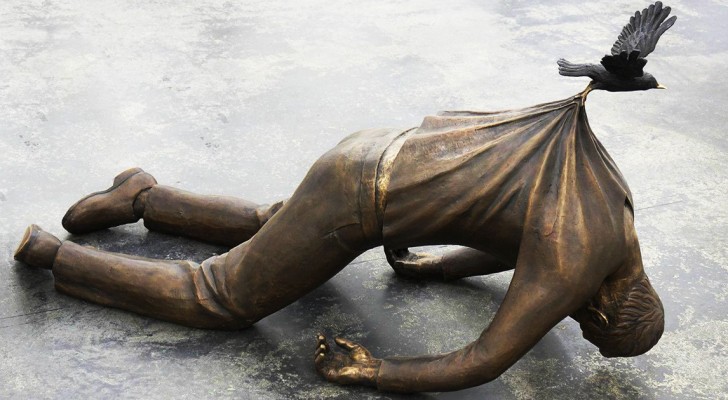In the late 13th century, an Armenian monk named Mkhitar Gosh authored a book, “The Code of Laws,” which beautifully blended Armenian customs with biblical wisdom. This wasn’t just a code; it was a movement. It was a moment when two worlds met – the ancient, deep-rooted Armenian customs and the divine truths of the Bible. Like a master artist, Mkhitar Gosh painted a bridge between history and scripture, a testament to the fact that our struggles and our spiritual solutions have always been intertwined.
Luke Chapter 4, verse 18 records Jesus proclaiming, “The Spirit of the Lord is on me, because He has anointed me to proclaim good news to the poor. He has sent me to proclaim freedom for the prisoners and recovery of sight for the blind, to set the oppressed free.” In this declaration, we encounter a profound perspective about liberation. Not only is it external, breaking the physical chains that hold us back, but it is also deeply internal, addressing the spiritual and psychological chains that entangle us.
Many of us today are imprisoned, not by stone walls or iron bars, but by the mental and emotional chains of past regrets, unhealed wounds, or deep-seated fears. This is a prison of our own making, with walls built brick by brick from past experiences, insecurities, and traumas. Our spirit longs to break free, to soar to heights unimagined, but these chains hold us back, making us question our worth and our purpose.
St. Augustine, a Church Father, once remarked, “God had one Son on earth without sin, but never one without suffering.” Our struggles are real. Yet, the beauty lies in the hope that there is a way out through our faith in God. There is a path of liberation waiting for every soul that seeks it.
The message of Jesus in Luke 4:18 is a universal call to freedom. It’s an invitation to every individual, irrespective of their struggles, to embrace the divine intervention that seeks to break the chains from within. The first step, however, is to recognize these chains. By acknowledging our internal prisoners – whether it’s anxiety, guilt, or resentment – we make the first move towards liberation.
A practical solution begins with a heart drenched in prayer because in our quiet conversations with the Divine, we discover strength we never knew we had. Combine this with a community of faith, where the power of collective belief and shared experience forms an environment that is centered on healing and growth. Surround yourself with those who can speak life, wisdom, and encouragement into your struggle. Dive deep into scriptures, those eternal words that have enlightened the path of millions before us by strengthening and guiding them.
Then there’s the power of action. St. James tells us that faith without works is dead. This means, once we have identified our chains and soaked our spirit in prayer, we must take proactive steps to break free. Perhaps this involves seeking professional counseling or joining support groups. Maybe it means confronting past mistakes or forgiving those who have wronged us. The path will be different for each one, but the destination is the same: freedom.
Let’s take inspiration from Mkhitar Gosh. Like him, let’s bridge our struggles with the solutions offered in the divine scriptures. Let’s remember that the Spirit of the Lord seeks to proclaim freedom in our lives every single day. The chains can be broken. The prison walls can crumble. With faith, prayer, community, and action, we can embrace the liberation that God prepared for us, both within and without.


